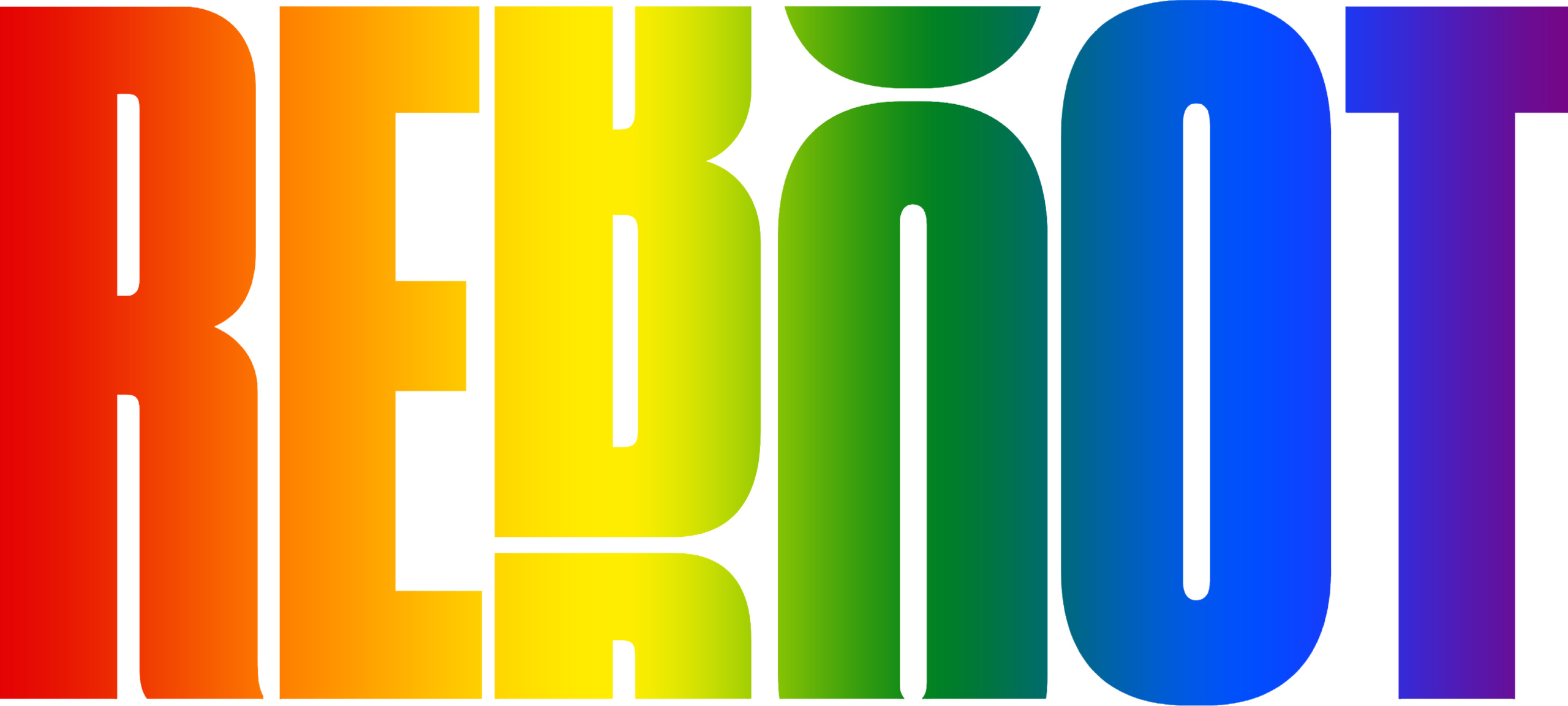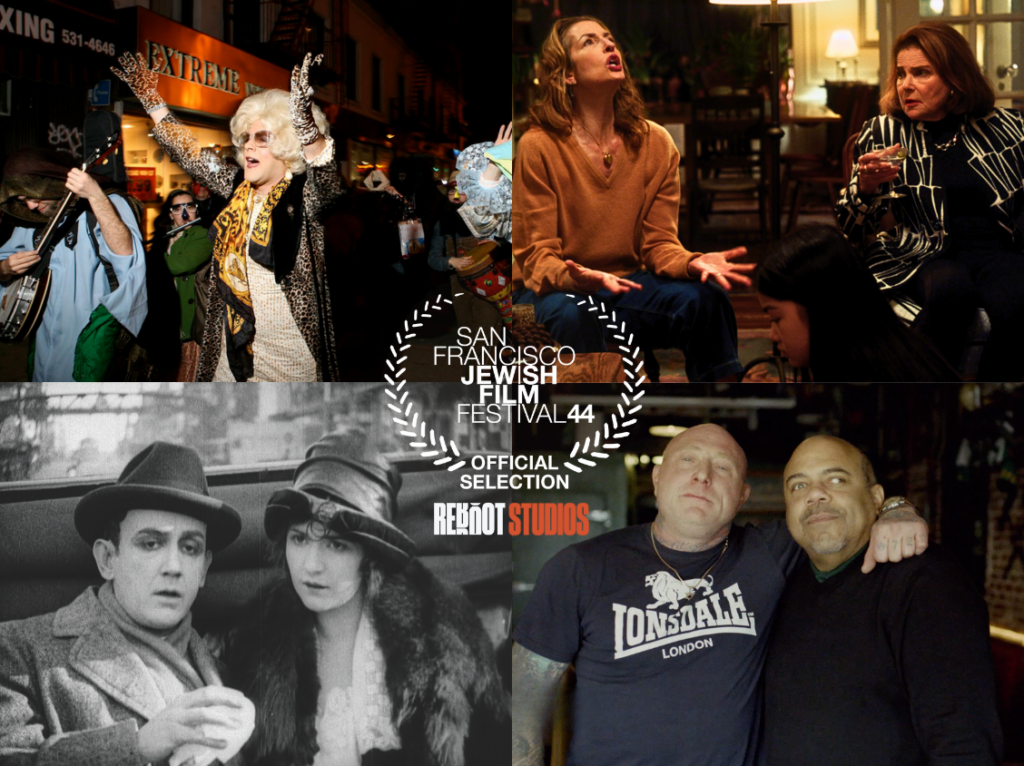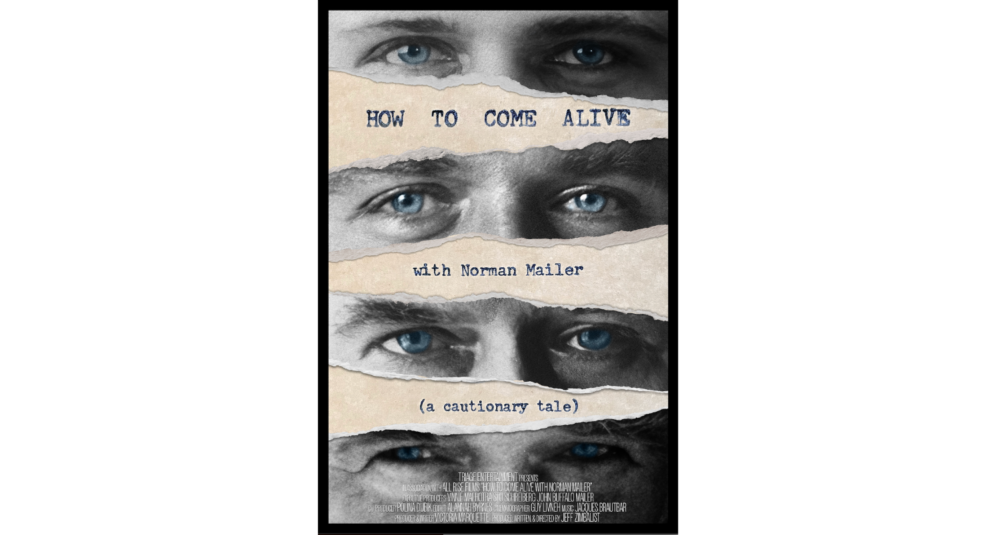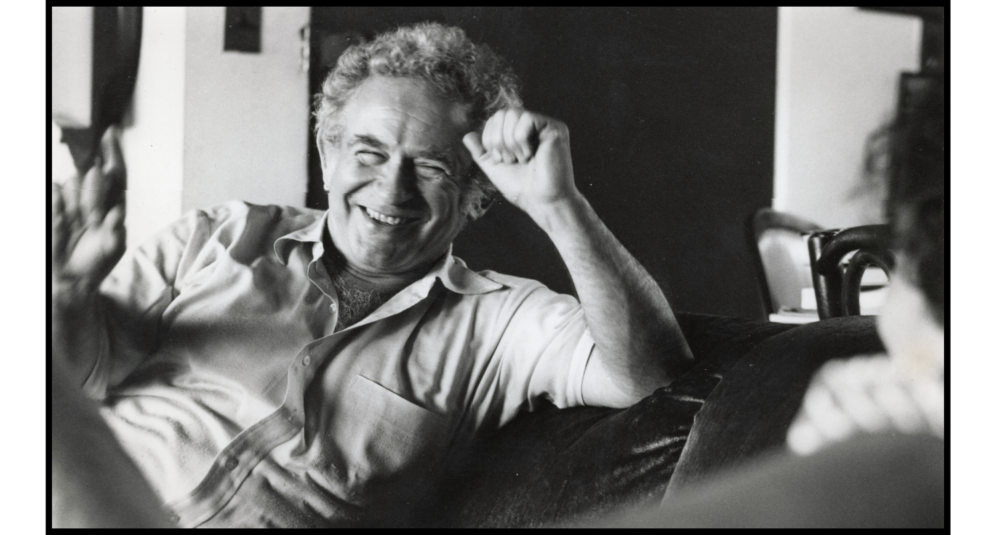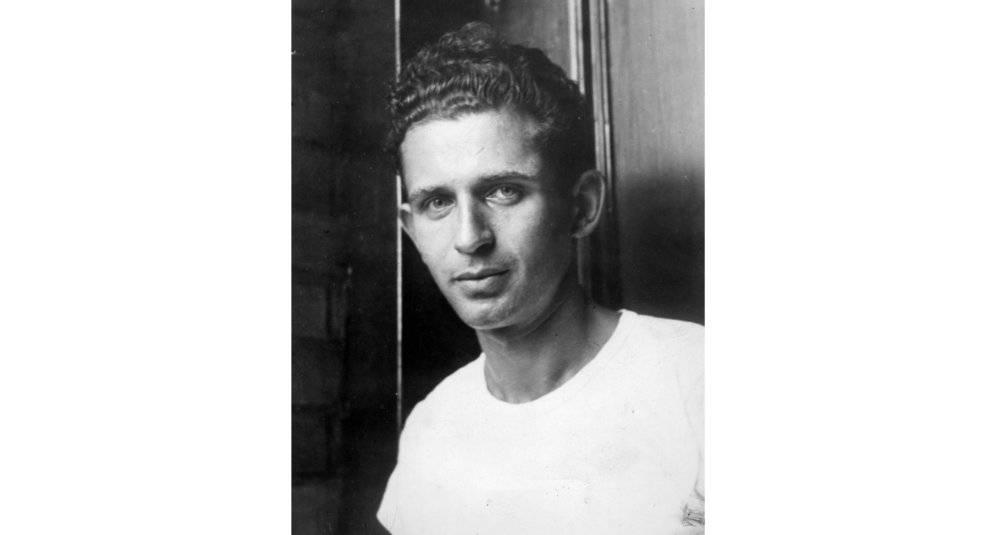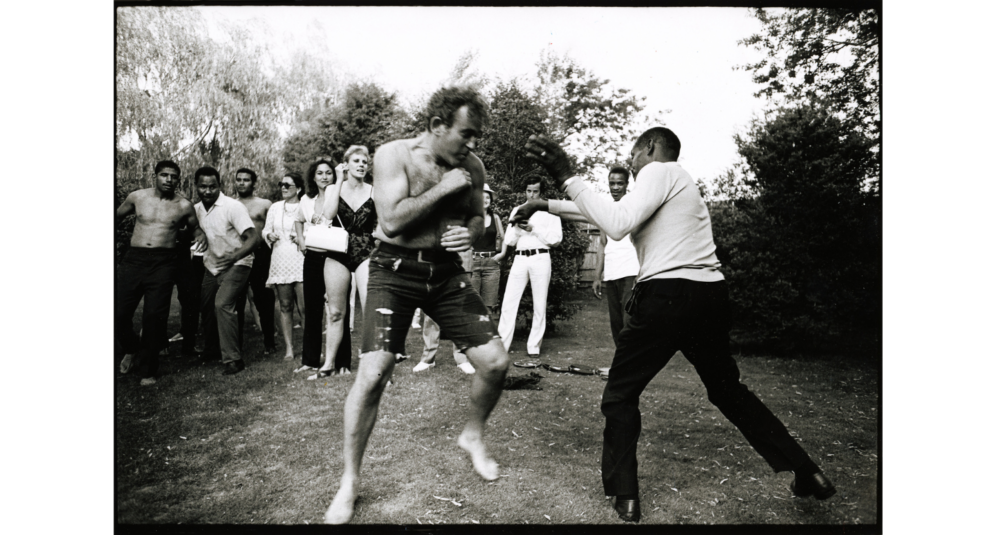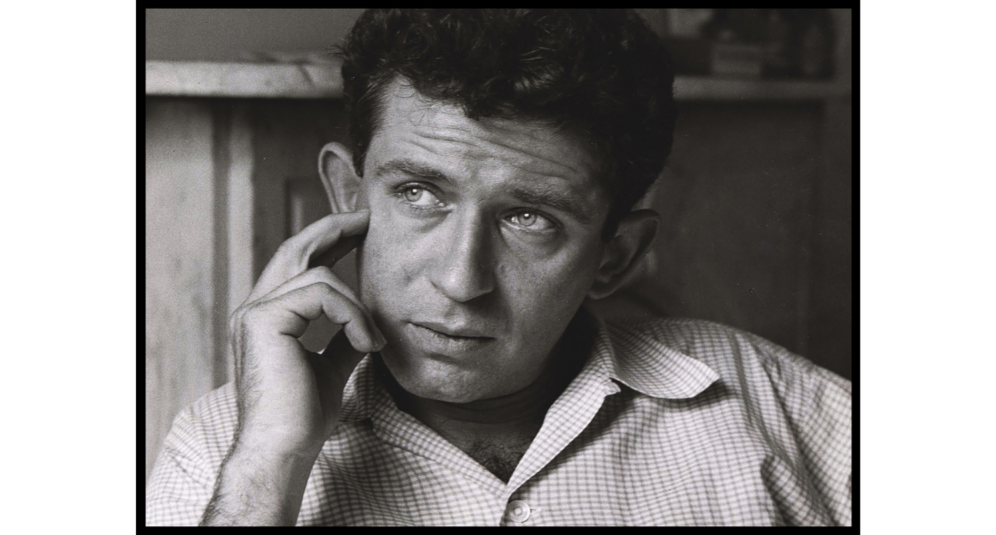Norman Mailer: Nice Jewish Boy?

In our latest blog post, Reboot Network member Jeff Zimbalist directed and produced the documentary How to Come Alive with Norman Mailer, which explores the rollercoaster life of America’s most controversial and bestselling author of the 20th Century, Norman Mailer. Praised by critics, the film was nominated for best U.S. documentary at DOC NYC Film Festival, won at the Atlanta Jewish Film Festival and was nominated for best feature documentary at the IDA Documentary Awards.
How to Come Alive is currently playing at Film Forum in New York City, Laemmle Theaters in Los Angeles, and being rolled out by Kino Lorber / Zeitgeist to art houses across North America. Watch the trailer & buy tickets here.
Read more from Jeff below…
![]()
Like me, Norman Mailer was raised by Holocaust survivors who immigrated to New York City. Like me, he was raised surrounded by Jewish intellectuals and artists. And like me, he rebelled against the number one rule of his upbringing: be a nice, Jewish boy.
Diving into Norman Mailer’s turbulent life and work stirred nostalgia for a not-so-long-lost era when, instead of celebrities, there were great minds informing the masses, when town hall debates and idea-sparring elevated national discourse, when to be an agitator was embraced as a noble cultural contribution – the heyday of the public intellectual.
Over time, talk shows became echo chambers, personalities eclipsed the ideas they represented, and books lost out to a fragmented excess of technology and entertainment. As Mailer prophesied, we became less and less engaged with opinions that don’t agree with our own and began forgetting how to think for ourselves.
For over 60 years, Mailer fought against these trends with intense conviction, bravery, and imagination. And as it became dangerously controversial, Mailer doubled down on his commitment to bold, unpopular ideas. For me as a young storyteller, and for many others, Mailer represented unabashed, artistic courage. His life and work taught us that to fully explore our human and creative capacity, we must be less afraid of the response.
Today, in a time characterized by polarization and fear of cancellation, Mailer’s ideas are more vital than ever. If alive, he would choose to be the scapegoat in challenging timidity and conformism. He would have wanted to passionately, extravagantly push society to ask better questions and realize better solutions.
But he is far from a role model. When I first met with Mailer’s family to discuss the project, it was a prerequisite that an intimate character portrait couldn’t just celebrate an intellectual titan’s enduring reflections on his country. It needed to equally investigate his ego, his sins, his mistakes. Indeed, a film celebrating complex, provocative ideas must paint a complex, provocative portrait. We don’t need to love Mailer to benefit from his mind or to be ignited by his ideas. We don’t need to hate Mailer to learn from his flaws.
Balancing these opposing dimensions was an exciting, but daunting creative challenge for the team, as if assigned by Mailer himself. We weren’t interested in doing a comprehensive survey of each of his works and scandals, sorting the good from the bad. Instead, we set out to focus on a single theme to study the mind of a man who both interpreted and transformed the human condition during his tumultuous, inspired life.
Our north star navigating through the edit was to have the central conflict driving the documentary be society’s love / hate relationship with challenging ideas. Through this discipline, we were able to track Mailer’s transformation over the decades, until he eventually was ready to revisit the Holocaust and his other early traumas, slowly softening back into the nice, Jewish boy of his upbringing, but never losing his fire. And this, ultimately, is the Mailer philosophy we aimed to highlight above the rest – that we must each awaken what makes us come alive because what the world needs is for more people to come alive.
![]()

JEFF ZIMBALIST is a multi-Emmy and Peabody winning filmmaker most known for IDA and Tribeca Film Festival winner FAVELA RISING (HBO), Emmy winner and Cannes Film Festival favorite “The Two Escobars” (ESPN, Disney), Emmy and Tribeca Film Festival winner “Momentum Generation” (HBO, Universal), “Pelé; Birth Of A Legend” (Magnolia, Universal), the Emmy winning series “Remastered” (Netflix), Emmy nominated “The Line” (Apple), Emmy nominated “11 Minutes” (Paramount+), Emmy winning “Super League; War For Football” (Apple), Sundance and Tribeca festival favorite “Invisible Beauty” (Magnolia), and 2024 Sundance hit “Skywalkers; A Love Story” (IMAX, Netflix) which is releasing in IMAX theaters July 12 and on Netflix July 19.
